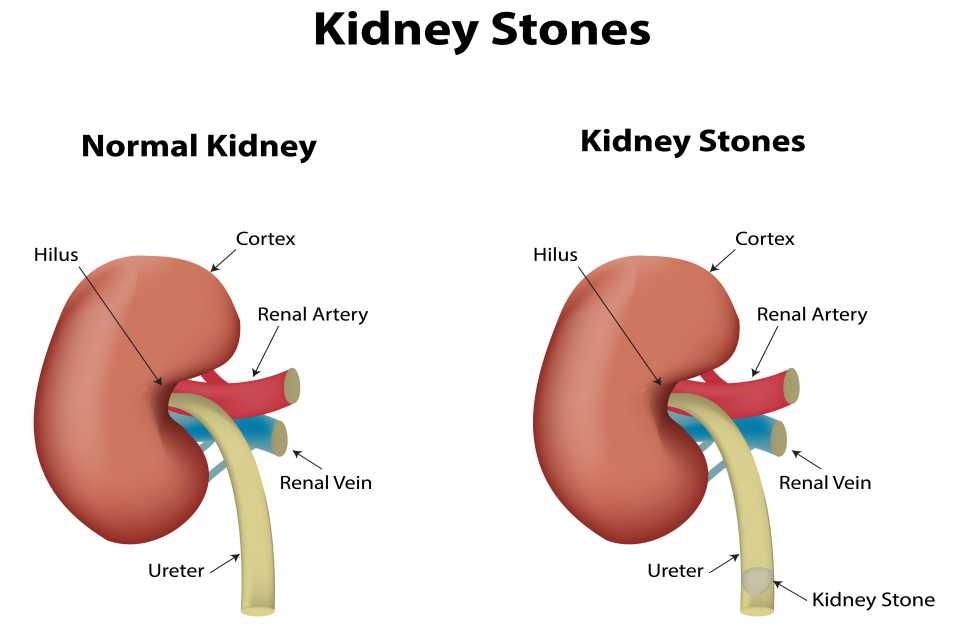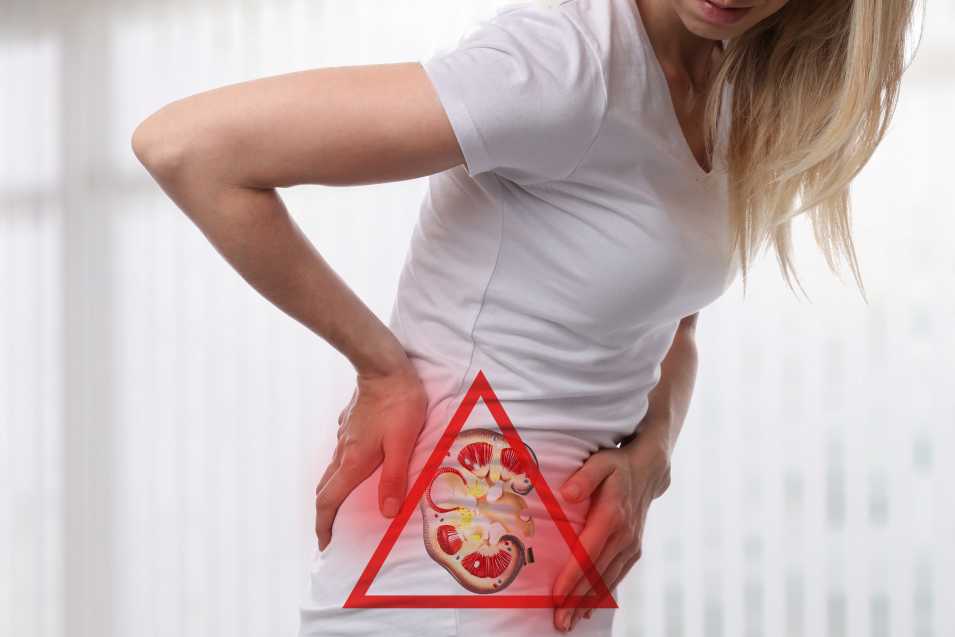Can stress cause kidney stones? Several factors may lead to the formation of kidney stones. One of these is stress. High levels of cortisol increase bone resorption, which in turn leads to hypercalciuria and, ultimately, to kidney stones. While stress may not lead directly to the formation of kidney stones, it can impact the kidneys in other ways.
Do I Have Kidney Stones?
The agony of a kidney stone is typically a sign of something else, such an infection. However, kidney stones can also cause symptoms like nausea and vomiting. Fortunately, most stones will pass independently without needing medical attention. However, if the discomfort is severe, you should get medical attention as soon as possible.
Can stress cause kidney stones? The discomfort is most frequently localized in the lower abdomen. When the stone moves into the ureter, it constricts the ureter and prevents urine from passing through. This causes pressure to build in the kidney, which activates nerve fibers that send pain signals to the brain. The pain can be either dull or sharp, and it may last for a short period. It may radiate into the groin or belly area if it is severe.
Consuming large amounts of water can help lower your risk of kidney stones. Drink at least half of your recommended daily fluid consumption. Also, limit caffeine intake. Research shows that caffeine has been linked to the formation of stones. Getting plenty of sleep helps you reduce your dependency on caffeine. Avoiding red meat, processed foods, and sugar is also important.
Can stress cause kidney stones? – Treatments
For those concerned about developing kidney stones, eating plenty of fiber is crucial. It is the product of the reaction between calcium and oxalate. They may also be formed from uric acid, a byproduct of protein metabolism. Drinking water can dilute these substances, so you should drink at least 2 liters a day. Some foods and drinks contain citrate, which can prevent the formation of kidney stones.
Preventive drug therapy is also an effective method for some types of stones. This therapy is matched to the type of stone formation and can be highly effective. Kidney stones are hard, solid particles that form in the kidneys.
Most are small and can pass out of the body without any trouble, but larger stones can obstruct the flow of urine and cause excruciating pain. If you’re experiencing chronic pain from a stone, you should seek medical treatment right away.
In the emergency room, the physician may perform a urine test to determine the type of stone that’s causing your discomfort. Your healthcare provider may also administer a strong pain reliever. The doctor may also take a urine sample from you for 24 hours. Some people may require other tests, including blood tests.

Dietary factors that affect the formation of kidney stones
Dietary factors play an important role in the pathogenesis of kidney stones, and modifying diets can reduce the risk of developing the condition. Among other factors, the dietary intake of vegetables and fruits and the intake of calcium are known to positively impact the formation of kidney stones. Interestingly, the amount of protein that we consume is also a contributing factor in the formation of kidney stones.
Certain medications can also increase the risk of developing kidney stones. Patients on certain drugs, such as indinavir or rifampin, are more likely to develop kidney stones than people without these conditions. People who suffer from chronic diarrhea, hepatitis B or C, and hemophilia are also at a greater risk of developing kidney stones than those who don’t have these conditions.
People who take the antibiotic combination TMP-SMX, loop diuretics, and thyroid hormones also have an increased risk of developing kidney stones.
People with a family history of kidney stones are more likely to develop kidney stones than those without one. People who consume high levels of sodium in their diets are at a higher risk of developing kidney stones than those who don’t. People who are obese or overweight also have a greater risk of developing kidney stones.
Related Article: Benefits of Comfort Massage
